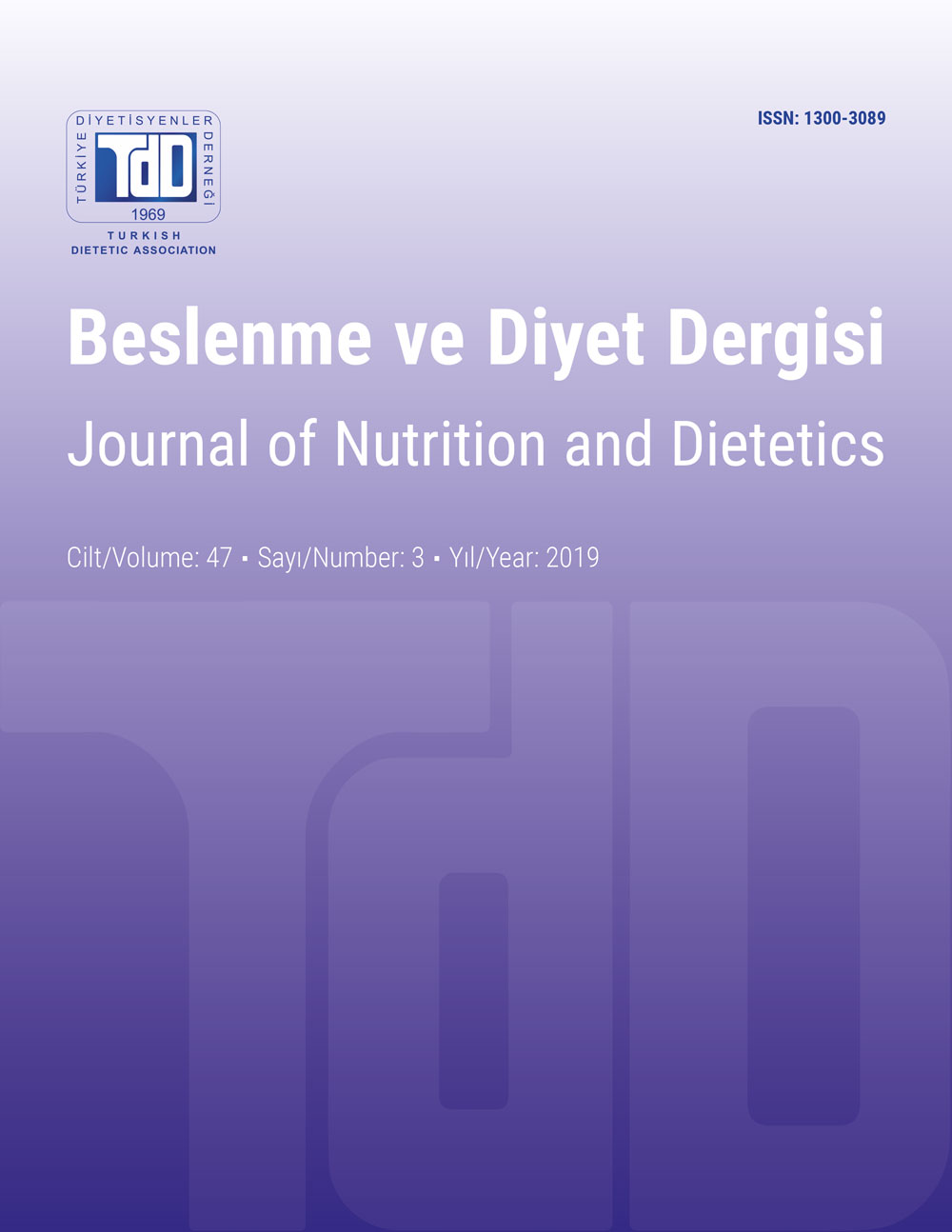Nutritional Management in Bariatric Surgery
DOI:
https://doi.org/10.33076/2020.BDD.1225Keywords:
Obesity, bariatric surgery, perioperative nutritionAbstract
Obesity is defined as abnormal and excessive fat accumulation that can impair health in the body. The prevalence of obesity which is a chronic and complex disease, is increasing in Turkey and worldwide. There are many causes of obesity such as environmental, genetic, hormonal, metabolic or pharmacological. Treatment of obesity is divided into two as medical and surgical. Medical treatment includes sustainable diet treatments that target lifestyle changes, accompanied by physical activity and pharmacological treatments. In cases where medical treatment does not work, bariatric surgery is applied. Bariatric surgery has malabsorptive, restrictive or combined methods. The success of the operations is decided in the postoperative period according to the loss rate of the patients’ excess body weight. Mortality rate of bariatric surgery is reported to be approximately 1%. As a general practice in the preoperative period, body weight loss is tried to be achieved in order to minimize the risk of complications. Diets with increasing intensity are applied to patients from the first day to several months in the postoperative period. Short-term complications after surgery include nausea, vomiting, dehydration, diarrhea, constipation, nutrient intolerance and dumping syndrome. As long term complications, micro and macro nutrient deficiencies are shown. In order to prevent complication risks in the perioperative period and to keep to operation success at the highest level, it is extremely important to plan appropriate medical nutrition therapy and to follow the patients’ nutrition carefully by the dietitians. In this study, literature information about nutritional principles in bariatric surgery was reviewed.

